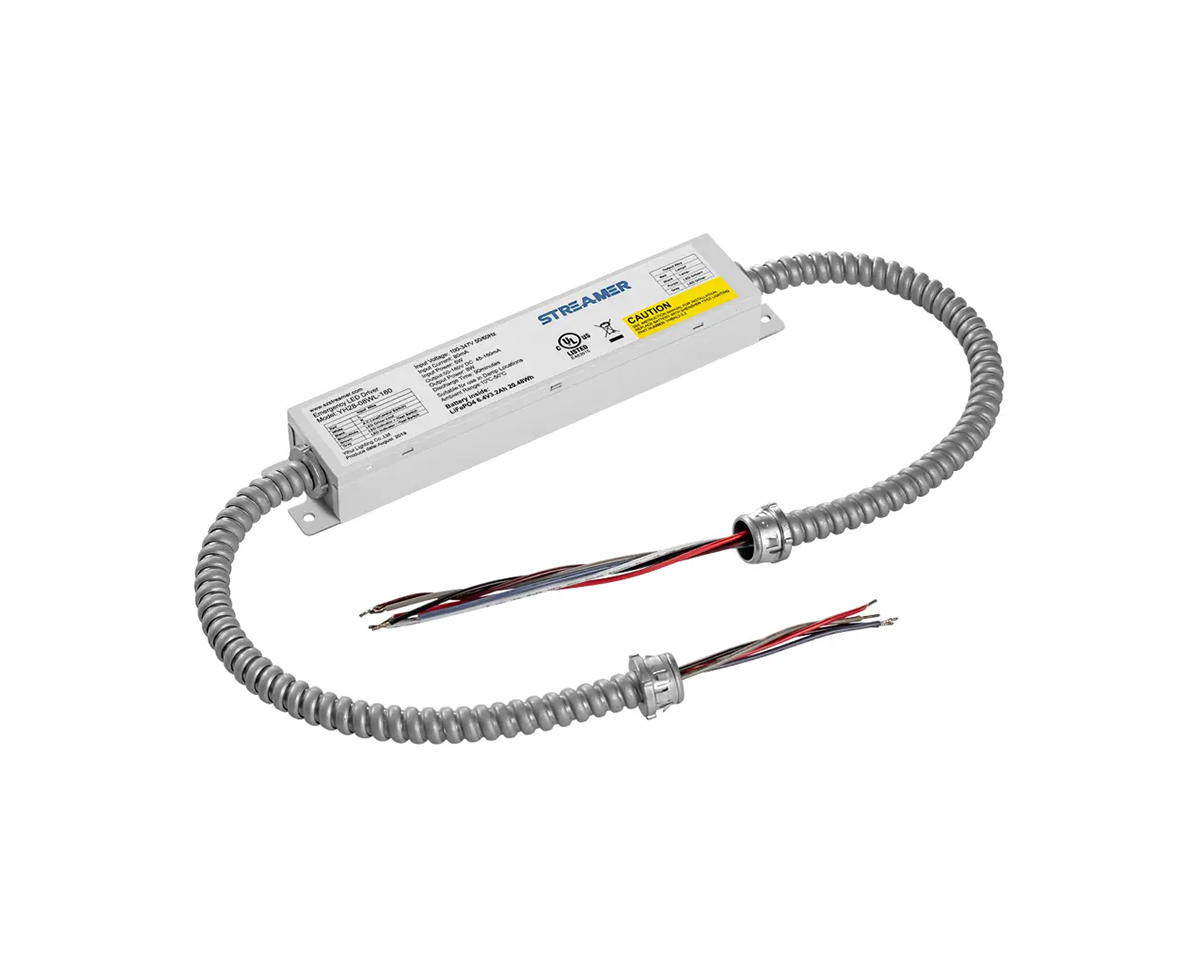 1
1
 May 05, 2025
May 05, 2025

Flashing light emergency drivers have several distinct operating modes that are designed to meet different emergency scenarios.
In the normal operating mode, the flashing light emergency driver is in a standby state. It continuously monitors the power supply and the status of connected sensors. During this mode, the power consumption is kept to a minimum to ensure long - term operation. The driver checks the integrity of the electrical circuit and the functionality of the light source regularly.
When an emergency situation is detected, such as a power outage or a fire alarm, the driver switches to the emergency operating mode. In this mode, the flashing light is activated at a pre - set frequency and intensity. The frequency is usually set to a value that is easily noticeable by humans, typically between 1 - 5 Hz. The intensity is adjusted to be bright enough to be seen from a distance, even in low - light conditions.
Some flashing light emergency drivers also support a test mode. In this mode, the driver can perform a self - test to check the functionality of the light source, the power supply, and the control circuit. This test can be initiated manually or automatically at regular intervals. For example, a weekly self - test can be scheduled to ensure that the emergency driver is always in good working condition.
Another mode is the fault - reporting mode. If a malfunction is detected during normal operation or self - test, the driver will enter this mode. It can send error signals to a central monitoring system, indicating the type and location of the fault. This allows for quick maintenance and repair, ensuring the reliability of the emergency lighting system.